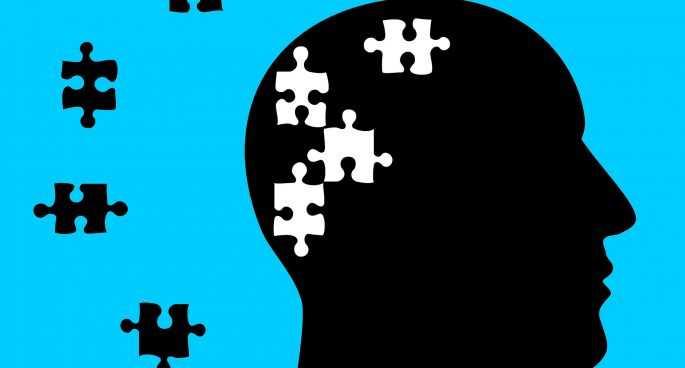The rule of the chess player
When you're in an emotionally intense situation, your perspective will be very different than when you're not in that situation.
The rule of the chess player is based on the perspective gap, a psychological principle. It states that we often misjudge how we would react when facing a situation.
71
651 reads
The idea is part of this collection:
Learn more about psychology with this collection
How to apply new knowledge in everyday life
Why continuous learning is important
How to find and evaluate sources of knowledge
Related collections
Similar ideas to The rule of the chess player
The empathy gap
The empathy gap is a cognitive bias that causes people to struggle to understand mental states that are different from their own.
When someone is happy or angry, they struggle to understand the perspective of someone who is in a different mental state, whether that pe...
Curiosity and boredom are a form of motivation for learning
- Information-gap theory of curiosity. This theory argues that the intensity of curiosity is controlled by the gap between what you know and what you want to know.
- Friston and free energy of human neuroscience places the search for information as the...
Curse of Knowledge
When we perceive something, we interpret it based on what we already know.
We believe that everybody else, including people who don’t posses what we know, would see the situation similarly that we do.
This is a common cause of communication problem.
We need to put ourselves in e...
Read & Learn
20x Faster
without
deepstash
with
deepstash
with
deepstash
Personalized microlearning
—
100+ Learning Journeys
—
Access to 200,000+ ideas
—
Access to the mobile app
—
Unlimited idea saving
—
—
Unlimited history
—
—
Unlimited listening to ideas
—
—
Downloading & offline access
—
—
Supercharge your mind with one idea per day
Enter your email and spend 1 minute every day to learn something new.
I agree to receive email updates
